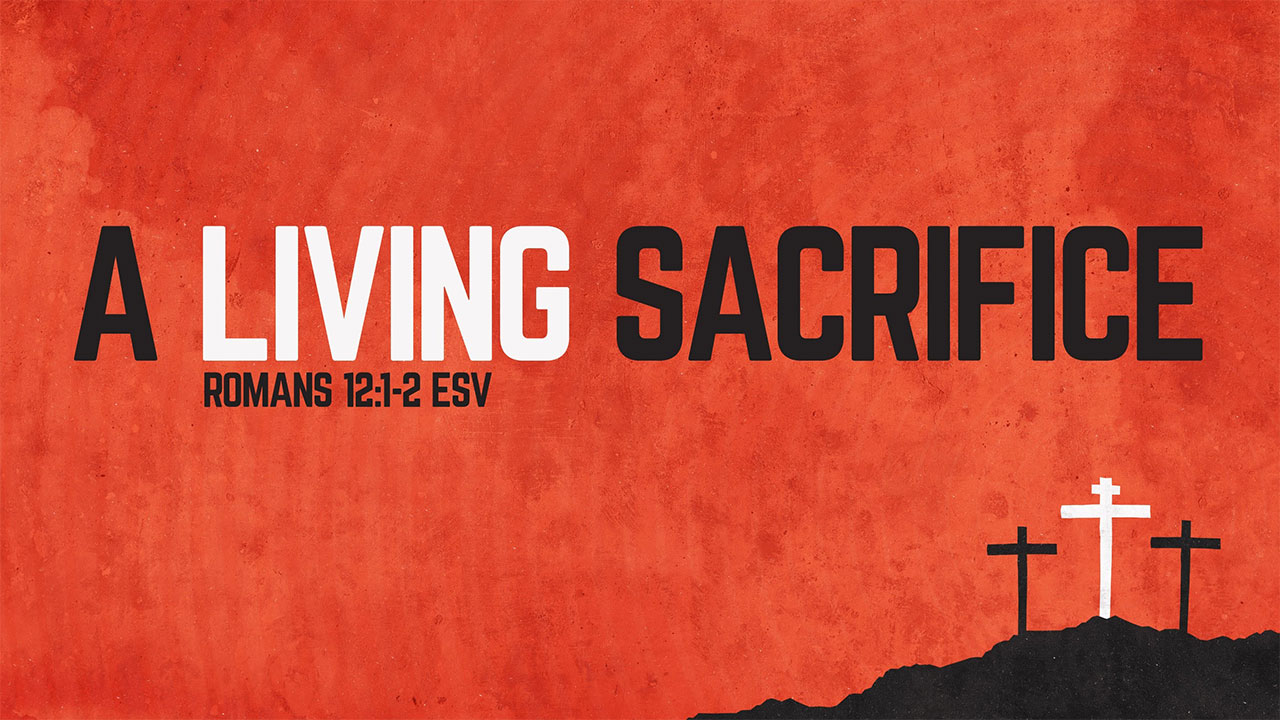After an extended and detailed explanation of the amazing transaction that obliterates our debt before God, and graciously grants us the imputed righteousness of Jesus Christ, Paul calls for a simple yet profound response: “present your bodies as a living sacrifice” (Rom.12:1). How strange and extreme it must have sounded for many in the early church who had grown up offering animal sacrifices from their herds and flocks, to read that their new worship requirement was to present their own bodies as “living sacrifices.”
This complete giving-over of ourselves to God as an ongoing response to God’s grace was, and is, a challenging thought. It certainly rules out any attempts to compartmentalize our lives into “secular” and “sacred.” It compels us, each and every day, to consider our lives, as the New Testament says elsewhere, as “not [our] own, for [we] have been bought with a price” (1Cor.6:19-20). Or even, as distasteful as it may sound, we must see ourselves as literal “slaves of God” (Rom.6:22).
When we actually ponder our redemption, this whole-life perspective really is the only appropriate response to the gospel. We are in fact “people for his own possession” called to be “zealous for good works” (Tit.2:14). Sacrifices, slaves, and zealots—these may strike us as difficult concepts, and ones that surely promise to grate against our appetite for self-direction and autonomy. Yet, I pray that in light of all that Christ has done to save us from the penalty of our sin, we may all come to recognize the reasonableness of this defining mindset.

